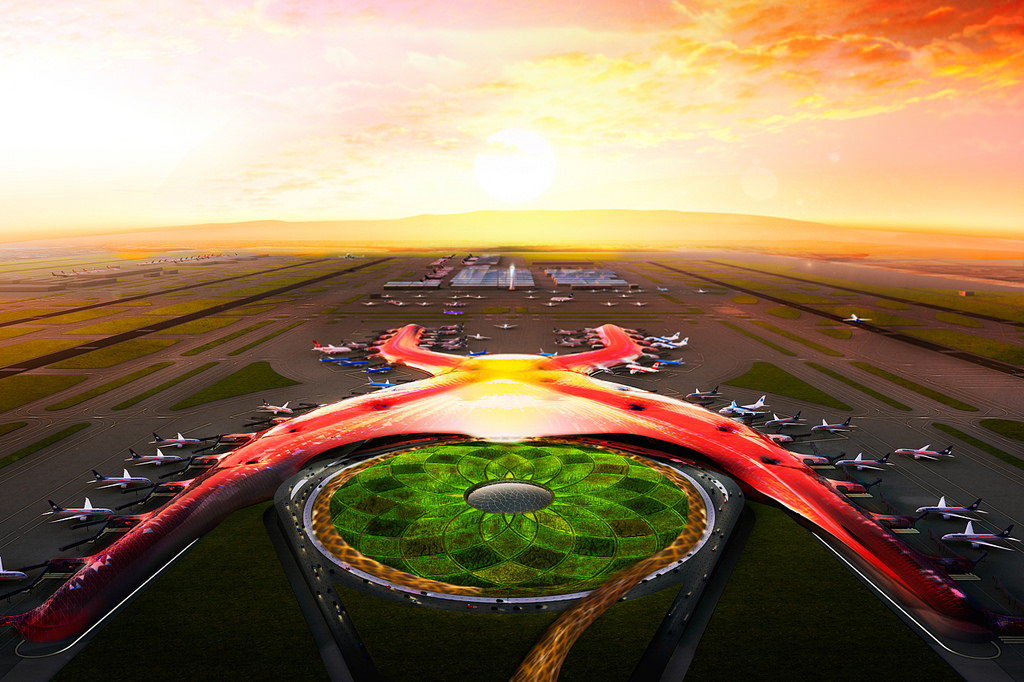The International Air Transport Association (IATA) has pledged its strong support to construct a new international airport in the Mexico City that was launched in 2014, to replace Benito Juárez International Airport.
"The current airport is bursting at the seams. It serves 47 million passengers, which is almost 50 percent higher than its design capacity of 32 million. A new airport is vital to enable Mexico City to benefit from its ideal geographic position, which links North America and Latin America," said Peter Cerda, regional vice president for the Americas, IATA.
The aviation industry enormously contributes to the economy of Mexico. It supports one million jobs, and contributes 2.9 percent to its GDP, which includes economic contributions from foreign tourists. But due to lack of infrastructure, the region has failed to capture a larger share of benefits from the aviation connectivity, regionally and globally, according to a new study conducted by IATA.
The study shows that for a country of its size, Mexico has been underperforming in terms of its integration with the global air transport network. It means that aviation is not fully delivering the benefits that it could reap with sufficient infrastructure. In this regard, Mexico trails countries with much smaller homegrown markets, such as Panama, the Dominican Republic, Colombia, Peru and Chile.
The IATA study also identifies the cost of missed opportunities incase infrastructure development does not keep pace with the demand for aviation connectivity. If the new airport is not built, it could mean 20 million fewer passengers per year by 2035. It can translate into a loss of $20 billion to the GDP, and can tail off 200,000 jobs in Mexico by 2035…



